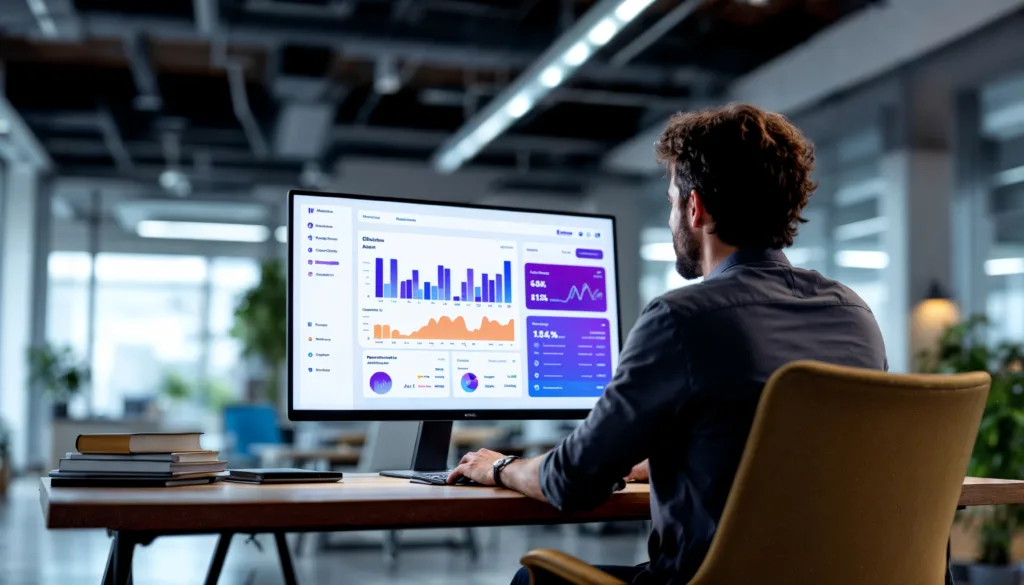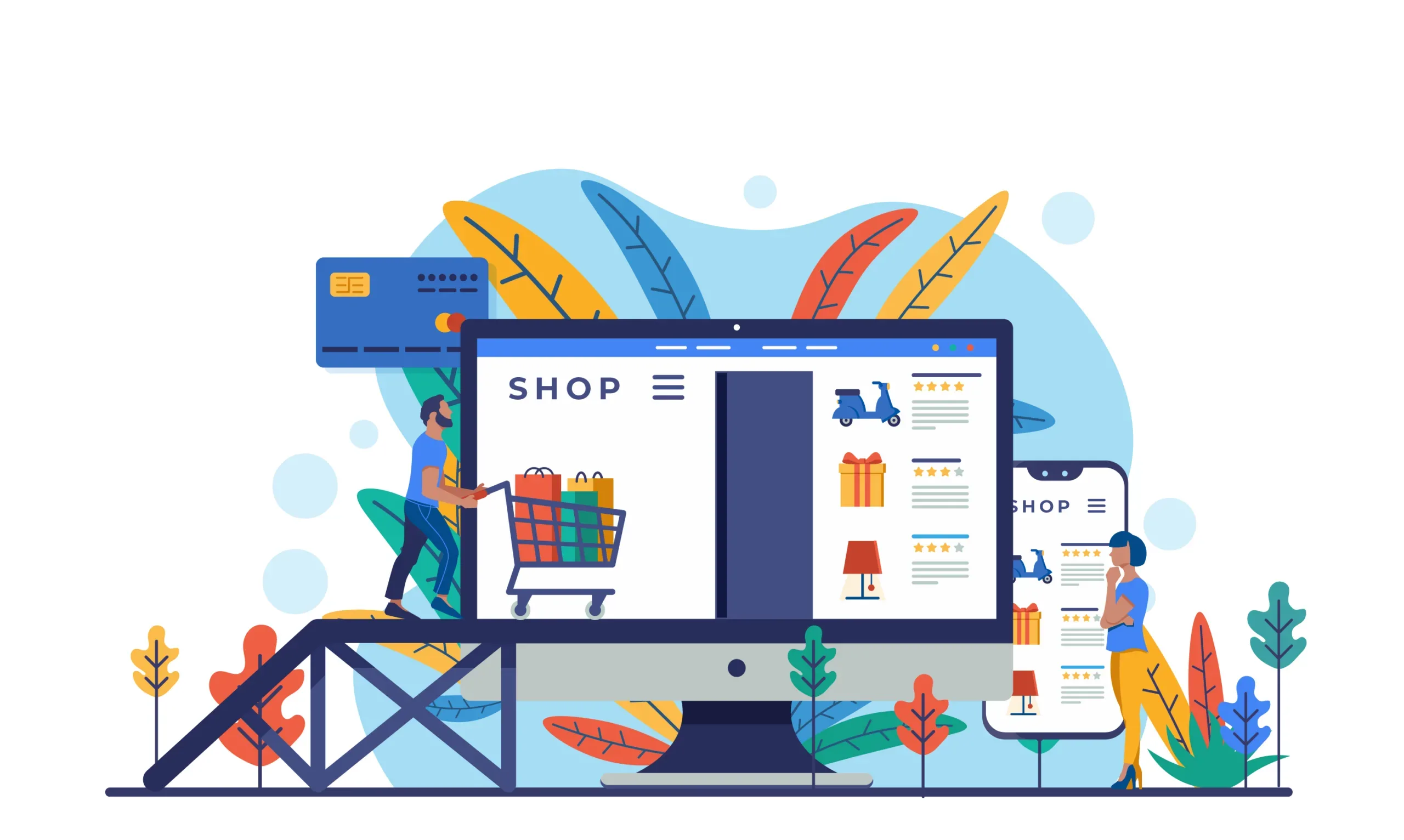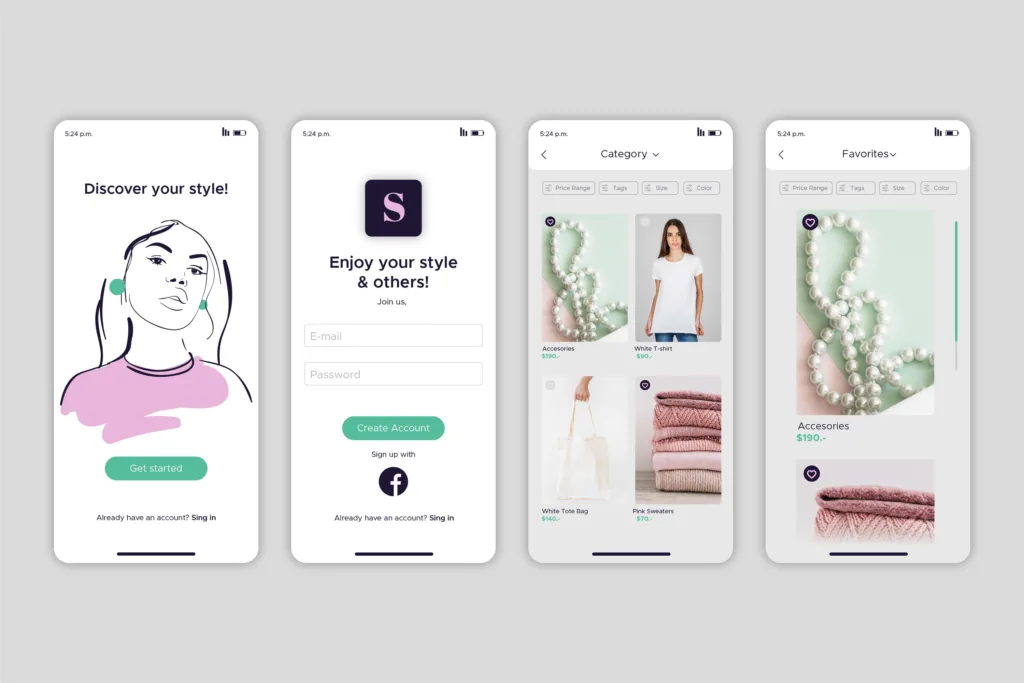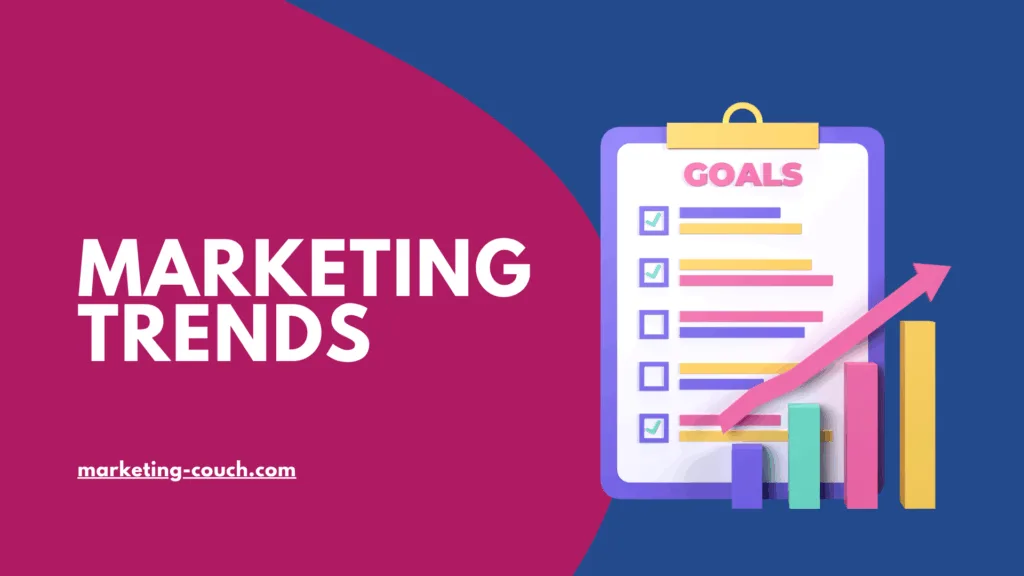Search behaviour has changed dramatically. Instead of clicking through blue links, users now ask questions directly to AI tools like ChatGPT, Google’s Search Generative Experience (SGE), Gemini, and Perplexity. If your brand is not present in those AI-generated answers, you are invisible at the exact moment decisions are made.
This is where ChatGPT optimization services come in.
ChatGPT optimization, often referred to as Generative Engine Optimization (GEO) focuses on structuring content so that large language models recognize your brand as a credible, citable source. Unlike traditional SEO, the goal is not only ranking pages but being included, summarized, and referenced inside AI answers.
What Is ChatGPT Optimization?
ChatGPT optimization is the process of aligning your content, authority signals, and entity structure so AI systems can confidently use your brand in their responses.
Traditional SEO focuses on keywords, backlinks, and rankings. ChatGPT optimization focuses on:
- • Conversational intent
- • Semantic clarity
- • Entity-based authority
- • Answer-ready content structure
In short, you are optimizing for AI understanding and trust, not just search engine crawling.
Why ChatGPT Optimization Matters Now
AI platforms are quickly becoming the first place users research products, services, and vendors. Business owners, marketers, and decision-makers now ask ChatGPT questions like:
- • “Which companies offer ChatGPT optimization services?”
- • “How do brands get cited in Google SGE?”
- • “What is GEO in SEO?”
If your brand does not appear in those answers, you lose visibility before users ever reach a website.
ChatGPT optimization helps you:
- • Capture high-intent users early in the decision process
- • Build authority at the answer stage
- • Future-proof visibility as AI-powered search grows
How ChatGPT Chooses What to Show
ChatGPT does not rank websites like Google. Instead, it generates responses based on patterns it considers reliable. These include:
- • Clear, factual explanations
- • Strong topical depth
- • Consistent entity mentions across the web
- • Structured, easy-to-summarize content
- • Authority signals from trusted sources
This is why thin, promotional content rarely appears, while well-structured expert content does.
What a ChatGPT Optimization Service Includes
A real ChatGPT optimization service goes far beyond rewriting blogs. It focuses on how AI engines interpret and prioritize information.
AI Visibility Audit
The process starts by testing real ChatGPT prompts to see if and where your brand appears. This identifies gaps and highlights which competitors or sources AI prefers instead.
Conversational Keyword Research
Instead of short keywords, optimization targets natural-language questions users actually ask AI systems, aligning content with real conversational intent.
Content Structured for AI Answers
Content is refined so it is concise, factual, and logically organized, making it easy for AI models to summarize and cite accurately.
Entity & Semantic SEO
AI relies heavily on entity relationships, brands, services, industries, and expertise. Strengthening these connections helps AI understand who you are and why you are relevant.
Structured Data & Schema
Advanced schema markup improves how AI interprets meaning, hierarchy, and context, increasing visibility across ChatGPT, Google AI Overviews, and Perplexity.
Ongoing Prompt Testing
AI responses evolve. Continuous testing ensures your content remains aligned with how ChatGPT and other LLMs generate answers over time.
ChatGPT Optimization vs Traditional SEO
Traditional SEO focuses on ranking pages.
ChatGPT optimization focuses on becoming the answer.
SEO remains important, but AI visibility adds a new layer where clarity, context, and authority matter more than keyword density. Brands that integrate ChatGPT optimization with SEO see the strongest long-term results.
Who Benefits Most from ChatGPT Optimization?
- • B2B service providers
- • SaaS and technology companies
- • Consultants and agencies
- • High-consideration industries like finance and healthcare
If your audience researches before buying, ChatGPT optimization directly influences their choices.
Why Acting Early Creates an Advantage
AI-driven search is still forming its trust patterns. Brands that establish authority now gain a lasting advantage over competitors who delay.
At Marketing Couch, ChatGPT optimization is treated as a strategic visibility system, not a one-time tactic. The focus is on building content ecosystems that AI engines consistently trust and reference.
Final Thoughts
ChatGPT optimization services are not a passing trend. They reflect how search and discovery now work. As AI tools replace traditional browsing, visibility depends on clarity, authority, and structure.
If your content answers real questions with depth and credibility, AI systems will use it. If it does not, they will ignore it.
The brands winning tomorrow are the ones optimizing today, not for rankings, but for relevance inside AI answers.









